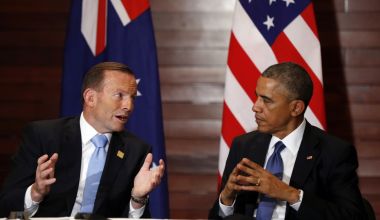Pope Francis' message to G20: no peace or justice without care for poor

Pope Francis has written to the chair of the G20 summit urging the leaders of the world's largest economies to focus on employment, hunger and peacemaking, particularly in the warn-torn Middle East.
In his letter to Australia's Prime Minister Tony Abbott before this weekend's meeting in Brisbane, the Pope warns that economic growth which ignores the poor and marginalised is ulitmately fruitless.
He said: "One crucial point that has emerged from the preparatory work is the fundamental imperative of creating dignified and stable employment for all."
He said there were "far too many women and men suffering from severe malnutrition" and warned of "a rise in the number of the unemployed, an extremely high percentage of young people without work and an increase in social exclusion which can lead to criminal activity and even the recruitment of terrorists".
He called for "real improvements in the living conditions of poorer families and the reduction of all forms of unacceptable inequality".
The Pope acknowledged "disagreements" among G20 members about military conflicts but expressed gratitude that dialogue had continued. However, he said, "more is required". "The whole world expects from the G20 an ever broader agreement which can lead, through the United Nations legal system, to a definitive halt to the unjust aggression directed at different religious and ethnic groups, including minorities, in the Middle East. It should also lead to eliminating the root causes of terrorism, which has reached proportions hitherto unimaginable; these include poverty, underdevelopment and exclusion."
Pope Francis also attacked the abuses in the financial that led to the 2008 crisis and criticised "speculation lacking political or juridical constraints and the mentality that maximisation of profits is the final criterion of all economic activity". "A mindset in which individuals are ultimately discarded will never achieve peace or justice," he said. "Responsibility for the poor and the marginalised must therefore be an essential element of any political decision, whether on the national or the international level."











